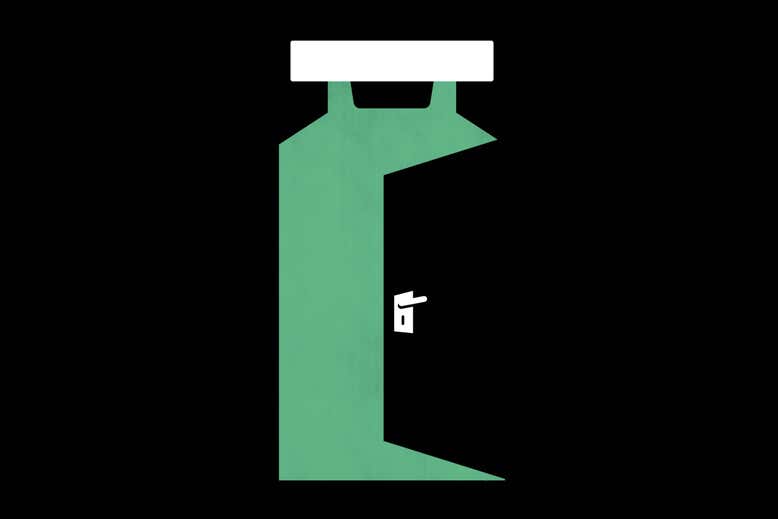The mRNA technique used in covid-19 vaccines recruits our bodies to make their own medicines. That could revolutionise treatments for all manner of conditions – and make personalised therapies cheaper and easier
The thing is, if they can commandeer our cells’ protein-making factories for their own ends, why can’t we do the same to bolster our defences? We can, it turns out. This was the insight that set in motion decades of research that culminated in the Pfizer/BioNTech and Moderna vaccines against covid-19: they use the genetic material messenger RNA to tell our cells to produce a protein that teaches our bodies to recognise the invaders.
The pandemic has been a proving ground for this technique, spectacularly demonstrating how rapid – and potentially cheap – it can be. “The covid vaccines really illustrate how quickly one can develop these medicines,” says Pieter Cullis at the University of British Columbia in Canada. “From a standing start you saw things being in the clinic in three months.”
Vaccines are only the beginning. If we can recruit our bodies to make medicines this way, that opens the door to treating everything from bacterial infections to autoimmune conditions, rare genetic disorders and cancer. “It is a revolution in terms of the medicines you can imagine, and also produce and test very quickly,” says Cullis. It is early days yet, even if promising results are already coming in. And yet it is no exaggeration to say that this could change …









